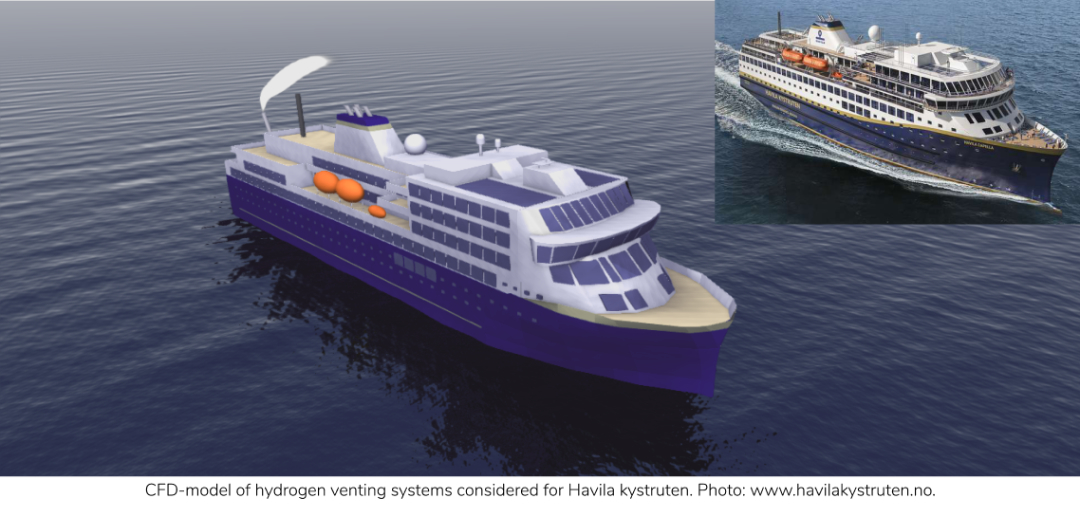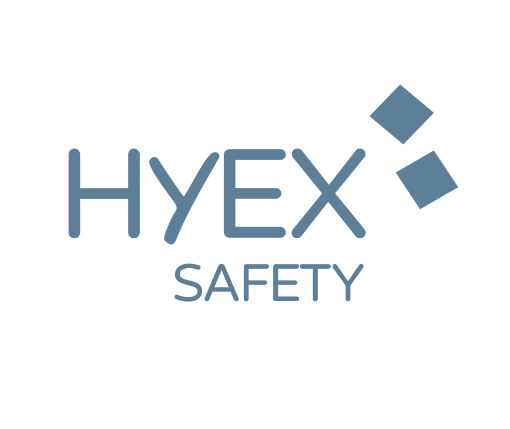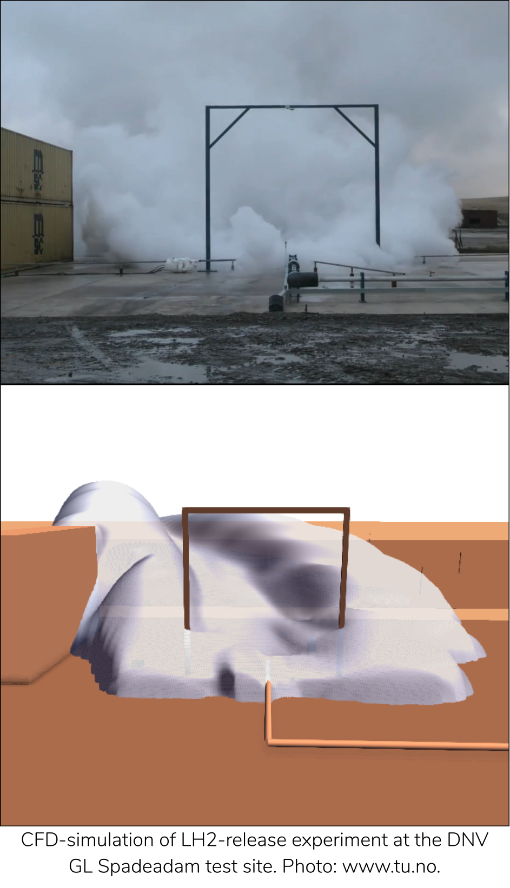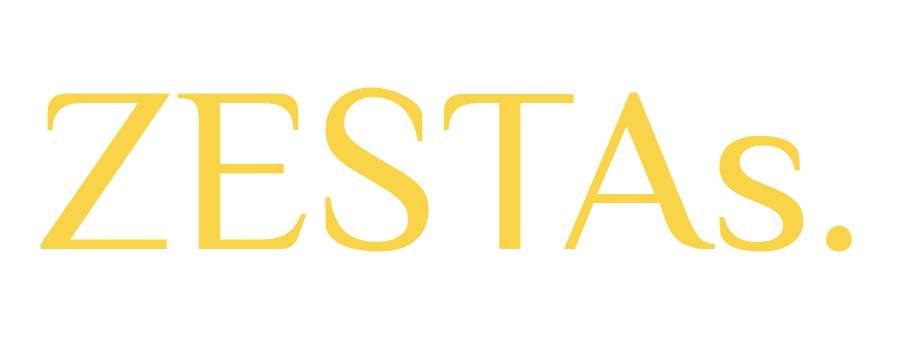

About HYEX Safety
The business idea of HYEX is to provide expert advice within hydrogen and gas safety. We help projects develop safe and cost efficient solutions using quick engineering models in combination with computational fluid dynamics (CFD). This includes documenting risk for permitting processes with authorities, regulators and classification societies. During his nearly 30 years’ experience in the field, the founder, Olav Roald Hansen, played an instrumental role establishing FLACS as a leading CFD software. Know-how from hundreds of large-scale experiments allowed for the development of techniques making FLACS the most accurate and efficient consequence prediction tool for dispersion and explosion. HYEX is built on this knowledge. Our ambition is to facilitate for a safe transition to a hydrogen society.
Hydrogen risk assessments
Our society depends entirely on energy sources and carriers, and safety is paramount when handling these. If the energy is released too quickly, an explosion, a fire, or a run-away reaction can occur, yielding a potential hazard that exposes individuals or assets to serious risk. For conventional energy carriers used for decades or even centuries, such
as coal or gas, risks and hazards are generally understood and acknowledged by users, including ordinary citizens. For potential zero emission energy carriers like hydrogen, but also, ammonia and Li-ion batteries, the hazards are less understood.
HYEX’ services help energy infrastructure project teams, along with energy consumers, to understand such hazards. Infrastructure projects include production, distribution, or storage systems, while relevant consumers range from industrial plants and buildings, to ships, vehicles, and trains. We advise how to handle and use new and conventional energy carriers safely, exposing staff, customers and others to risks as low as practically possible, well within tolerable levels. Maritime use of hydrogen is a key area of HYEX, and many of our projects are related to ship design in accordance with the IGF Code and alternative design procedures.
Some of our services include:
- Early design screening to identify hazards and propose design changes to meet requirements of alternative design.
- HAZID workshops to identify major hazards in a systematic way.
- Explosion risk- and bunkering assessments related to permitting processes with national authorities and class societies, or for project decision gates.
- Dedicated CFD-studies to assess a safety challenge and to find cost-efficient ways to improve system design.
- Incident investigation support to understand incidents/accidents or potential of near-misses.
- Identification of potential hazards, to determine how incidents can be prevented in the future.
- Research and training courses on explosion risk and understanding of the relevant mechanisms.

